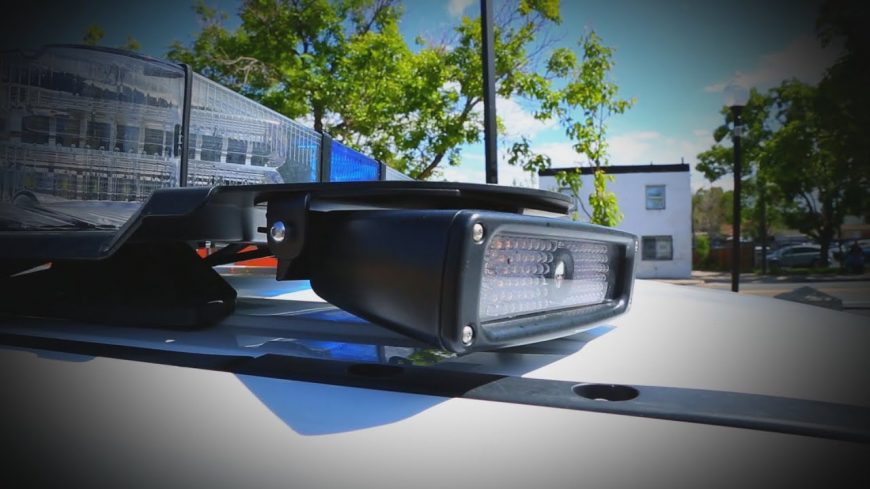Report Raises Major Security Concerns Over Police Handling of California’s License Plate Reader Data

It’s 2020.
Today, we have technology that we would have never even considered just a couple of years ago. With new technology comes new responsibility, though. Let’s just say that there’s a little bit of a learning curve here.
Part of this adaptation is definitely going to surround security.
With information flowing at such a quick rate, it can be easy to lose track of keeping our privacy. Most of the time, when it comes to consideration of privacy, our first thought considers potential predatory businesses. After all, our data is incredibly valuable to advertisers. Sometimes, this might mean that we need to fend off some who don’t have the most honest of intentions.
Keeping Track of the Government
Another entity to be considered keeping on track is our government, both local and federal. A system of checks and balances is important to make sure too much power doesn’t end up in one pair of hands. As a part of an audit by the state, some California police departments might have some retooling to do.
Tracking California’s Every Move and Sharing it
There are hundreds of departments in the state that make use of automated license plate readers (ALPR). The technology is supposedly used for parking violations. Perhaps, it could help to retain a suspect in something like child abduction, as well. However, making sure that the hundreds of millions of images collected remain secure should be a top priority.
It’s definitely something that there should be a secure protocol for. However, a recent audit from the auditor of the state says that this might not be the case. It would review several police departments and found some eye-opening data.
The audit opens by telling us “Local law enforcement agencies did not always follow practices that adequately consider the individual’s privacy in handling and retaining the ALPR images and associated data.”
A major concern has been projected about the security protocol surrounding the images collected.
It turns out that the California State Auditor’s office found that the tech is frequently used on innocent people. This can be written off to a byproduct of the process. However, the handling of the data is still paramount. The system can be used to track car movements. Of the 320 million images related, about .1% relate to cars of interest. That means that 99.9% of this data has nothing to do with ongoing investigations.
The images are said to be kept in a database for more than five years. We’re told the photos are tagged with info like criminal records, names, addresses, and dates of birth, where applicable.
Too Much Access?
As if that weren’t enough to get us thinking, the report fills us in with the fact that “Many of the departments it examined were not ensuring that only authorized personnel had access to ALPR data or auditing the database logs to make sure that authorized personnel was using the systems properly.”
The data, legally, can only be shared with other public agencies.
In order to prove that there was a breach of this law, there would need to be further research done, privately. We do learn that “Three of the reviewed agencies share their ALPR images widely using features in the ALPR systems that enable convenient sharing of images with minimal effort.”
The report also brought into question the length that the data was stored. It approached the idea that holding on to the data longer could introduce a bigger risk of breach of privacy.
Where do We Go From here?
What all of this adds up to, it’s hard to say. Depending on who is reading the report, it may or may not be found concerning. However, we think that most would probably not have their details tossed around carelessly. The report does potentially spell out a situation where the belt might need to be tightened up in the name of privacy.
Automated License Plate Readers

